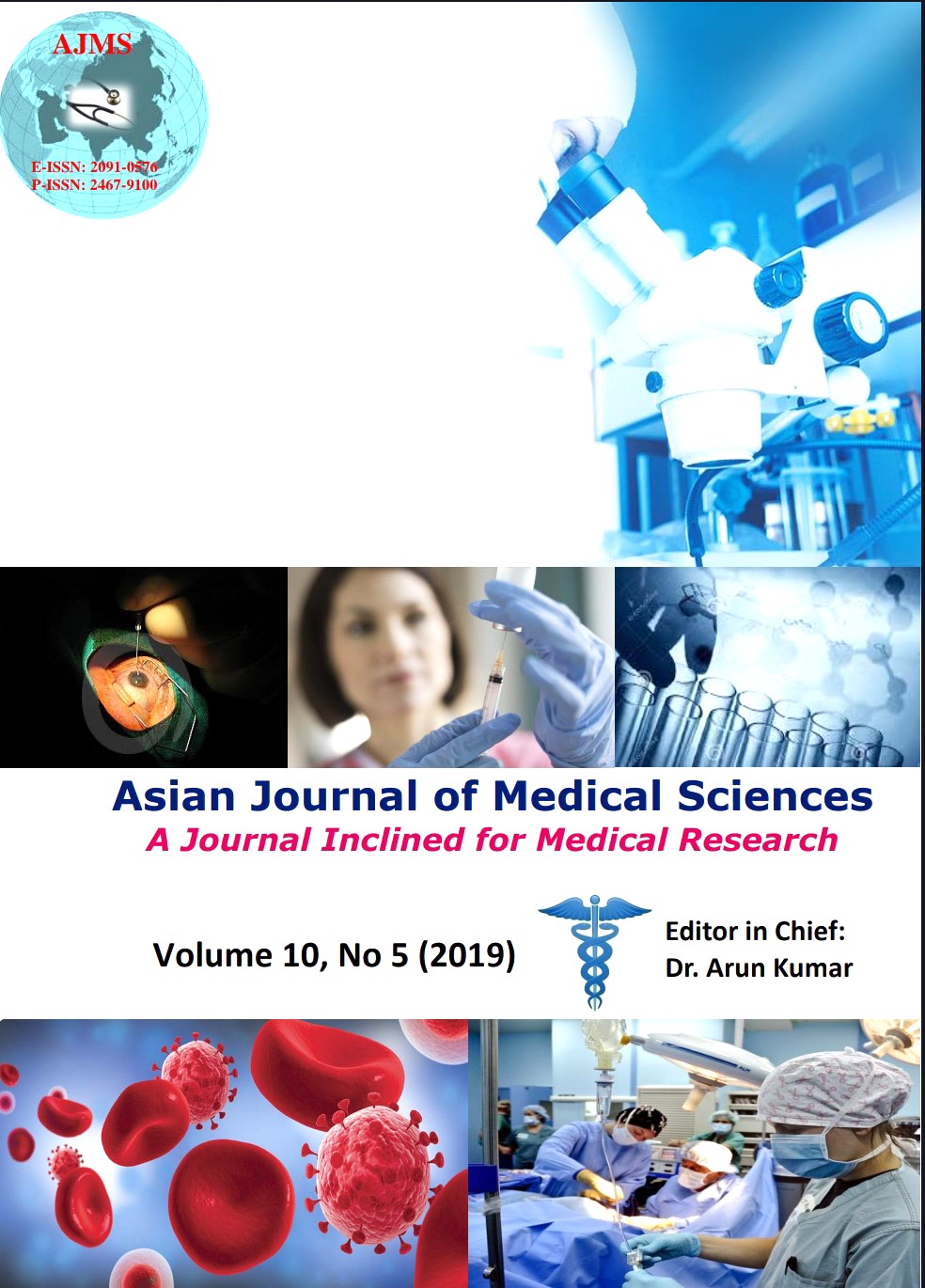Dermatological manifestations and medico-social correlates among intellectually disabled students in Central India
Keywords:
Skin disorders, Intellectual disability, Infectious skin, Health education, Dermatological manifestationsAbstract
Background: People with intellectual disabilities (PwID) are particularly more vulnerable to dermatological manifestations due to their associated disabilities and hygiene negligence.
Aims and Objective: To estimate the prevalence and pattern of skin diseases considering various medico-social correlates among PwID in two districts of Central India. To apply multinomial logistic regression analysis to examine the medico-social factors associated with no, one and more than one dermatological manifestations.
Materials and Methods: A total of 204 PwID receiving rehabilitation services under a NGO serving two districts were examined for dermatological manifestations and various medico-social factors were studied. Descriptive analysis like chi-square and multinomial logistic regression analysis (MLR) was performed.
Results: We found that 87.25% of study participants had one or more dermatological manifestations {infectious (64.7%) and non-infectious (84.3%)}. Among the various medico-social variables studied, socio-economic status, education of parents and associated co-morbidities were independently associated with increase in frequency of skin disorders. MLR analysis showed that Illiteracy of parents, lower socio-economic status and associated co-morbidities in PwID had higher odds of developing one and more than one dermatological manifestations when compared to literate and high income families and PwID with no associated co-morbidities.
Conclusion: This study delineates the importance of additional attempts to be made by dermatologist while dealing with PwID while considering carefully their associated co-morbidities and various social factors. Strict hygiene measures, periodic skin examination and health education of persons caring for students with disabilities are recommended.
Downloads
Downloads
Published
How to Cite
Issue
Section
License
Authors who publish with this journal agree to the following terms:
- The journal holds copyright and publishes the work under a Creative Commons CC-BY-NC license that permits use, distribution and reprduction in any medium, provided the original work is properly cited and is not used for commercial purposes. The journal should be recognised as the original publisher of this work.
- Authors are able to enter into separate, additional contractual arrangements for the non-exclusive distribution of the journal's published version of the work (e.g., post it to an institutional repository or publish it in a book), with an acknowledgement of its initial publication in this journal.
- Authors are permitted and encouraged to post their work online (e.g., in institutional repositories or on their website) prior to and during the submission process, as it can lead to productive exchanges, as well as earlier and greater citation of published work (See The Effect of Open Access).




